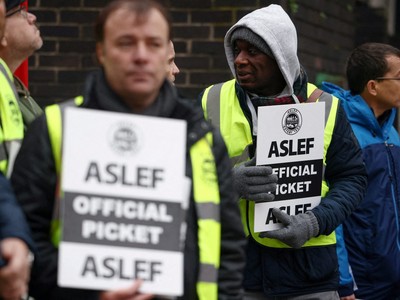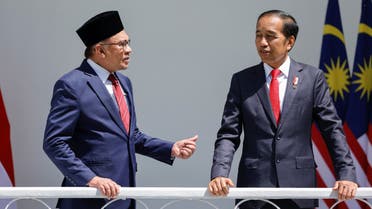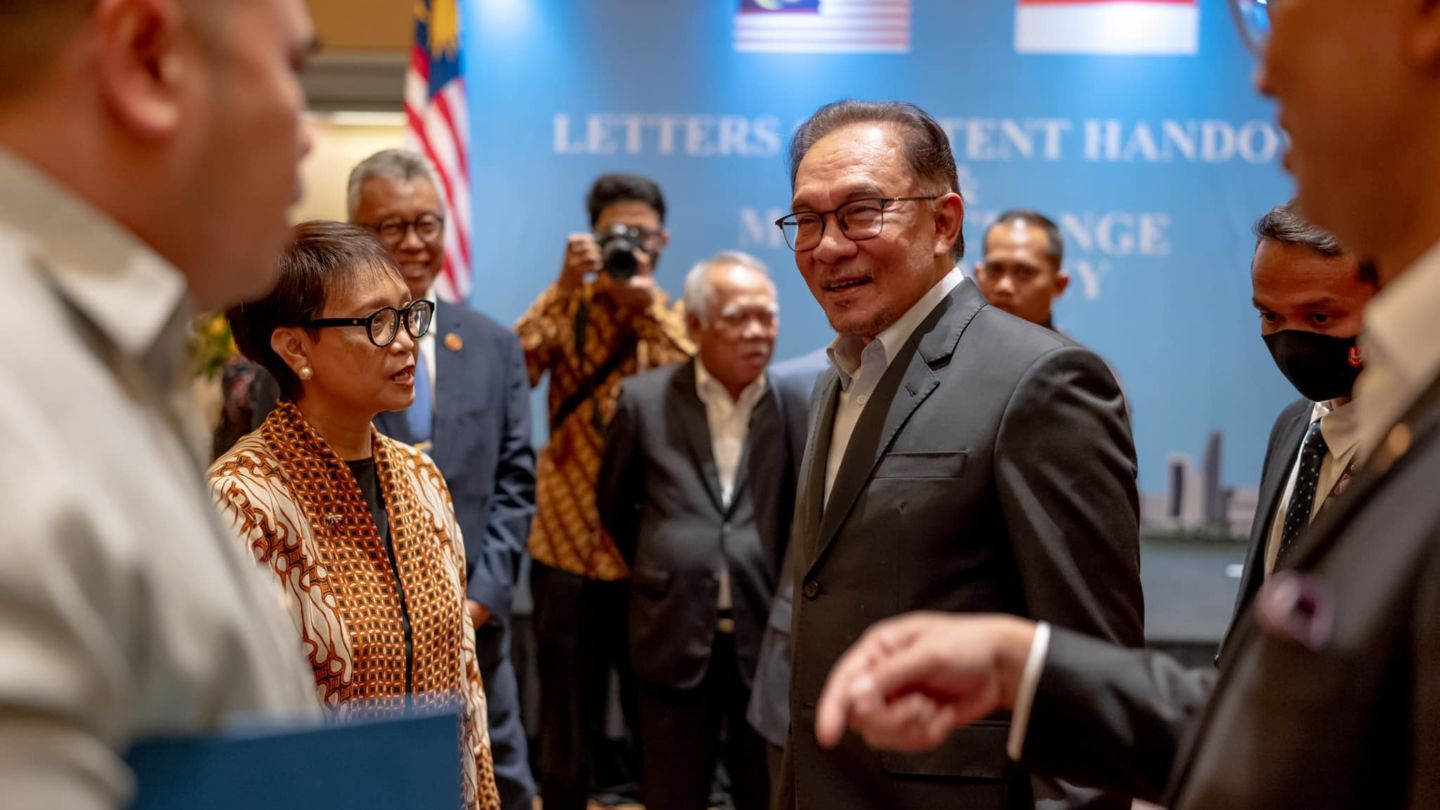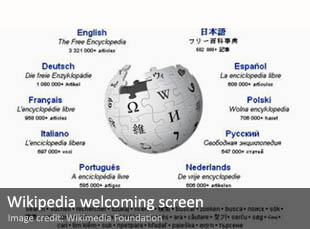Israel’s new national security minister, Itamar Ben-Gvir, lost no time in demonstrating who is boss. On Tuesday, days after Prime Minister Benjamin Netanyahu’s government was sworn in, the ultra-nationalist politician marched straight in to the Al-Aqsa Mosque complex in the occupied Old City of Jerusalem – probably the most incendiary site in the Middle East.
Ben-Gvir did so despite reports that he had agreed with Netanyahu to delay such a visit for fear of the potentially explosive consequences.
But who will hold him to account for playing with fire? A prime minister who desperately needs Ben-Gvir’s support to stay in power so that Netanyahu can legislate an end to his corruption trial and keep himself out of jail? Or the Israeli police force that Ben-Gvir himself now has unprecedented control over?
The leader of the fascist Jewish Power party used the visit to indicate both to his followers and to Netanyahu that he answers to no one, and that he will not compromise on his own extreme ideology of Jewish supremacism.
The visit sent another message too: Ben-Gvir appears ready to provoke a religious war – one that would demonstrate once and for all the power of his kind of Jewish zealotry and thuggishness to subdue all Muslim opposition. Al-Aqsa could be the powder-keg to ignite such a conflagration.
Ben-Gvir’s visit has passed, at least so far, without a significant Palestinian backlash, although Hamas had reportedly warned beforehand that it would not “sit idly by”, threatening “explosive violence”.
Ben-Gvir was testing the waters. He will surely be back soon, with bigger provocations. Both during and after Israel’s recent general election campaign, he called for Jews to be able to pray at the Muslim holy site, and has said he will demand that Netanyahu institute what he terms “equal rights for Jews” there.
Diplomatic protest
The fear of what Ben-Gvir may do next, unless Netanyahu reins him in, was part of the reason his visit triggered such a storm of diplomatic protest. Jordan, which has formal custodianship of the holy site, called in Israel’s ambassador for a dressing down, while the US, Israel’s patron, roused itself to describe the visit as “unacceptable”. The UAE postponed Netanyahu’s forthcoming visit.
Ben-Gvir will be delighted at such ineffectual reprimands. The precedent he was drawing on was the visit to Al-Aqsa in September 2000 of then-opposition leader Ariel Sharon backed by 1,000 members of Israel’s security forces, over the opposition of the Jerusalem police.
That incursion triggered a Palestinian uprising, the Second Intifada, justifying years of crushing Israeli military repression. Israel used tanks to confine the then Palestinian leader, Yasser Arafat, to his Ramallah headquarters, while the Israeli army emasculated the Palestinian Authority (PA), effectively reversing the promise of self-rule implicit in the Oslo Accords. Palestinian society was gradually bled of the ability and will to sustain an uprising that cost thousands of lives.
Ben-Gvir might be angling to provoke a similar confrontation to provide a pretext for finishing off what’s left of the PA. There could be a domestic political bonus too: Sharon rode the wave of Jewish nationalism he unleashed right into the prime minister’s office. The Israeli public wanted an uncompromising general and Jewish patriot to pound the Palestinian people into submission.
Already buoyed by a renewed wave of Jewish chauvinism, along with the political legitimacy Netanyahu has conferred on him by ushering his party into government, Ben-Gvir might be hoping to see that scenario play out again.
Rival nationalisms
Israeli media, Arab states and western diplomats have all framed Ben-Gvir’s visit as threatening what is known as the “status quo”: a set of principles agreed in the 19th century, and renewed after Israel’s occupation of Jerusalem in 1967, to enshrine Muslim sovereignty over the mosque complex and Muslim authorities’ power to regulate access and worship.
The truth, however, is that Israel has been whittling away the status quo at an ever-faster pace since Sharon’s visit. That was why the Israeli general’s incursion sparked an explosion from Palestinians two decades ago, while Ben-Gvir’s, so far at least, has not. Violations of the status quo by extremist Israeli politicians are no longer quite so out of the ordinary.
Perhaps more than any other Israeli leader of his time, Sharon appreciated the degree to which Al-Aqsa had become the symbolic, beating heart of a power play between rival Israeli and Palestinian nationalisms. Encouraging the distinction between national and religious sentiment to be blurred, as he did at Al-Aqsa, helped to unify an Israeli society deeply divided by questions of religion.
Ownership of the mosque complex – or Temple Mount, as Israeli Jews call it, referring to two ancient Jewish temples that supposedly lie beneath the plaza – was seen as the natural corollary, and confirmation, of Jewish title to the land. Or as Sharon put it at the time, the holy site was “the basis of the existence of the Jewish people, and I am not afraid of riots by the Palestinians”.
It was how the ultra-nationalist, secular Sharon redefined the conflict. He made an assertion of Jewish sovereignty over the plaza a prerequisite for any Israeli politician vying for power. After he became prime minister, and in the midst of the Second Intifada, Sharon in 2003 unilaterally enforced access for Jews and other non-Muslims to the site, over the opposition of the waqf, the Muslim religious authorities at Al-Aqsa.
Today, little of the status quo agreement survives. Israeli occupation forces exclusively determine who gets entry to Al-Aqsa. Muslim worship can be limited whenever Israel decides. Palestinians from Gaza, trapped in their enclave by fences and watchtowers, are permanently excluded from the holy site.
Meanwhile, Israeli soldiers in military fatigues, and religious Jews and settlers, have ready access – and they often use their visits to pray, in stark contravention of the status quo. Increasingly, Israeli security forces storm the mosque at will; such an incident in May 2021 contributed to weeks of violence across the occupied territories and inside Israel.
Master-serf relations
Like Sharon, Ben-Gvir views Al-Aqsa as a supreme nationalist cause. One of his legislators, Zvika Fogel, a former Israeli military commander in charge of Gaza, set out Ben-Gvir’s goal, suggesting it could be achieved without a Palestinian backlash: “We shouldn’t treat his visit as something that will lead to an escalation. Why not see it as part of realizing our [Jewish] sovereignty?”
Yet, faced with a weakened Netanyahu, Ben-Gvir must be hoping to push Sharon’s policy still further – not only asserting a principle of Jewish ownership of the holy site, but also entrenching the physical reality of absolute Jewish control.
This would include prioritizing Jewish worship, as now happens in Hebron at the Ibrahimi Mosque. It is a model that the settlers who follow Ben-Gvir want repeated at Al-Aqsa, and it also implies the physical partition of Al-Aqsa plaza, mirroring the reality in Hebron.
Such ambitions replicate at al-Aqsa the master-serf relationship that Israel has developed in the occupied territories of the West Bank and East Jerusalem. Should Jewish rule over the plaza be contested, the Israeli government could then punish Muslims and ban access, with state police – now under Ben-Gvir’s control – empowered to break into the mosque or any other site on the plaza whenever they deem necessary.
But it does not end there. Like his supporters, Ben-Gvir wants to destroy the Muslim holy site and restore it as a Jewish temple. He said as much last May when he visited Al-Aqsa complex, posting a picture calling for the eradication of the mosque to “establish a synagogue on the mount”.
‘The last war’
For the time being, Ben-Gvir appears to be using his party’s legislators as his mouthpiece, so as not to jeopardize his coalition agreement with Netanyahu. After Tuesday’s visit, Fogel relished the prospect of Hamas retaliating with rocket fire out of Gaza. He said such a showdown “would be worth it because this will be the last war – and after that we can sit and raise doves and all the other beautiful birds that exist”.
Ben-Gvir does not need to set the fire directly at Al-Aqsa. With Israel’s police forces under his command, and with his political ally Bezalel Smotrich in charge of managing the occupation, he has a whole armory of other ways, particularly in Jerusalem, to inflame the Palestinian population.
Trigger-happy police killings of civilians, settlement expansion, house demolitions, and the building of a cable car route through occupied East Jerusalem to bring Jewish tourists to the foot of Al-Aqsa all have the potential to fire up tensions. Ben-Gvir can also make the lives of Palestinian security prisoners even more miserable, as he promised to do during the elections, provoking hunger strikes.
Palestinian anger often finds its outlet at Al-Aqsa because of the holy site’s role as a religious and nationalist symbol, particularly for a people denied any other symbols of nationhood.
Ben-Gvir’s closest political allies in the Temple Mount movement are already setting their sights on Passover in April, which this year coincides with the middle of Ramadan. They have appealed to the police, as they do every year, to allow them to carry out provocative rituals, such as animal sacrifice, associated with the construction of a Jewish temple in place of Al-Aqsa Mosque. Each year, police try to stop them; but this year, Ben-Gvir will be dictating police policy.
Scholar Tomer Persico, a keen observer of Ben-Gvir’s Kahanist roots, notes that in a 2019 interview, the Jewish Power leader argued that the “big difference” between him and his mentor, extremist Rabbi Meir Kahane, was that “they give us a microphone”, while Kahane was shunned by the Israeli political establishment.
That was three years ago. Ben-Gvir has rapidly become the new mainstream in Israel. Today, with his ministerial powers and a national platform to amplify his incitement, it is only a matter of time before he sets things alight.
Jonathan Cook won the Martha Gellhorn Special Prize for Journalism.





 SAUDI GOVERNMENT AGENTS INFILTRATED the popular online encyclopedia Wikipedia and outed two of its editors, who are currently serving long prison sentences for posting criticism of the kingdom, according to a human rights group. It is alleged that, by the time Wikipedia discovered the infiltration, and terminated over a dozen infiltrators from its editing system, the two editors had already been arrested by the Saudi government. They are currently serving a total of 40 years in prison for “swaying public opinion” and “violating public morals” in the oil kingdom.
SAUDI GOVERNMENT AGENTS INFILTRATED the popular online encyclopedia Wikipedia and outed two of its editors, who are currently serving long prison sentences for posting criticism of the kingdom, according to a human rights group. It is alleged that, by the time Wikipedia discovered the infiltration, and terminated over a dozen infiltrators from its editing system, the two editors had already been arrested by the Saudi government. They are currently serving a total of 40 years in prison for “swaying public opinion” and “violating public morals” in the oil kingdom.
